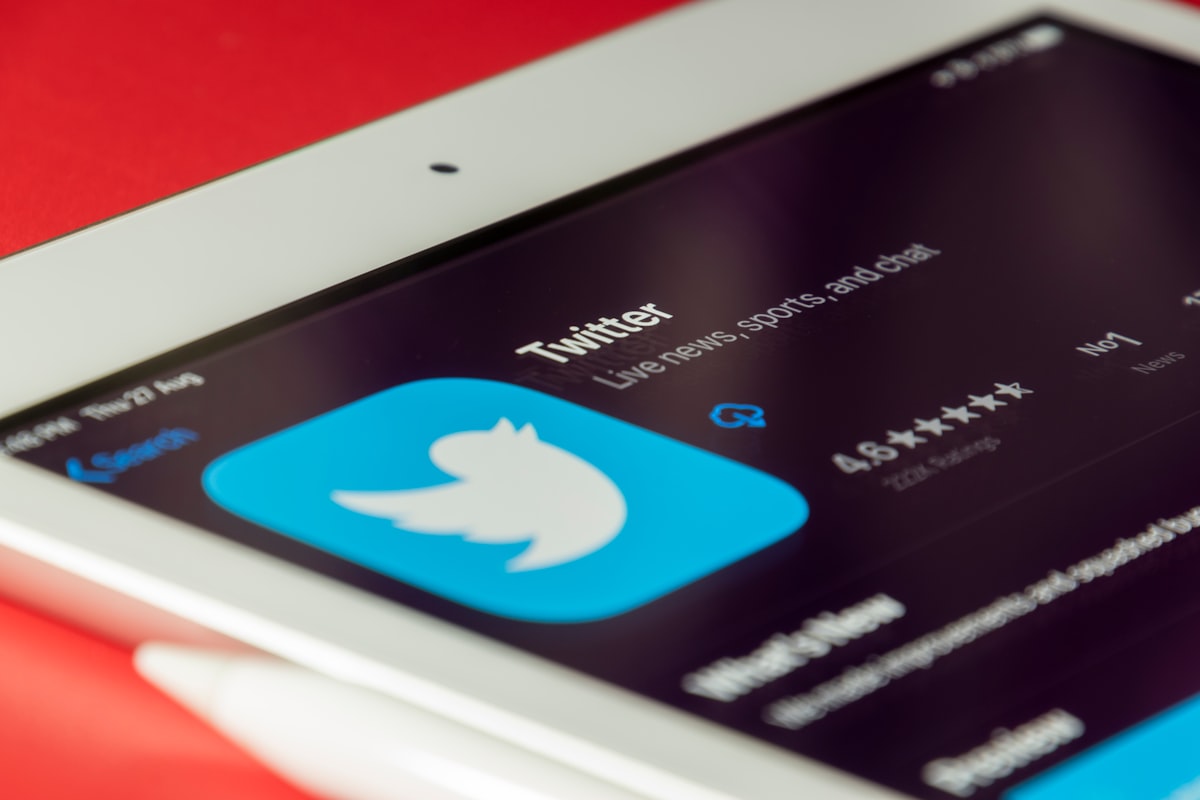About Twitter being a superapp...

With all Elon Musk's circus around buying Twitter like you and I would do grocery shopping, a little music about Twitter's potential as a superapp has started playing. I'll try to explain why it's probably a dumb proposition.
What's a superapp?
Essentially, it's WeChat or Alipay. Apps that centralize social, payment, services (including banking and public services, not just ride-hailing), shopping, mapping, and entertainment altogether.
Why thinking that Twitter could get there is a stretch?
There are five big reasons why:
- Because China leapfrogged the digital revolution that started in the West after the 2000s dot-com crash, they had to address early on massive demand for online services at the scale of a massive population. And instead of letting U.S. giant tech companies such as Paypal, Amazon, Facebook, Google, and Youtube, lose in their market, they barred entry. This built the cradle for only two super apps, at the time heavily sponsored by the government.
- It's cultural! Shanghainese work, play and use their phones quite differently from Californians or Bostonians (shocker!). This might be quite difficult to cope with if you're an American VC. For instance, the semiotic elements involved in enjoying what we would dismissively call a kitchen-sink user interface instead of a "cleaner," streamlined interface is vastly misunderstood. Give Twitter to anyone in China, India, or South America and they will ask why the heck they'd use an app that is such a dumb one-trick pony.
- There is no privacy in a superapp turbocharging 80% of your digital life. Anonymity (or heteronymity) is impossible when you pay your local taxes, reserve your movie theater seat, call a taxi, organize waste collection with your neighbors or chat with friends in the same place. Entertaining the idea of such an app in the U.S. or Europe doesn't seem very realistic if you even briefly consider the regulations we have in place, such as the RGPD.
- Then there's the monopoly red flag. Twitter is a tiny tech giant and doesn't really compare with the GAFAMs, but with Elon Musk at the helm, would the U.S. government allow the buy-out of over platforms that would be aggregated in a superapp? Or, given that Musk will be technically broke after the buy-out, would it be possible for a Microsoft or an Apple to buy them out and try to get into superapp mode? Doesn't seem even remotely possible for now unless Trump is reelected (oh wait...).
- The last nail in the superapp coffin's idea is certainly payment. The central brick that makes a superapp possible is seamlessly managing all forms of payment services (from online purchases to your mortgage or sharing the bill with friends at a restaurant). Chinese superapps are less a story of how WeChat and Alipay compete together, but how WeChat Pay tries to overcome Ant Financial. And yet no one seems to discuss what it would mean for Twitter. I don't know, doesn't Jack Dorsey still running another company (admittedly way more successful than Twitter)? Musk being a prominent figure of the Paypal mafia, I don't think he's missing how payment is the glue of everything. If he'd been serious about the superapp idea, I'd think this would have been on the table, to begin with...
So, no superapp in the West?
In short? Quite unlikely.
Now, I could make the case that if you stop thinking "app" we certainly have pre-superapps in the West. Digital platforms that (with different apps and tools) already encompass a vast array of services and payment... and a clearly identified user. And yes, that's Apple to WeChat and Amazon to Alipay.
The key takeaway is that in the innovation playfield, some ideas don't translate well.
It doesn't mean they don't translate at all.


